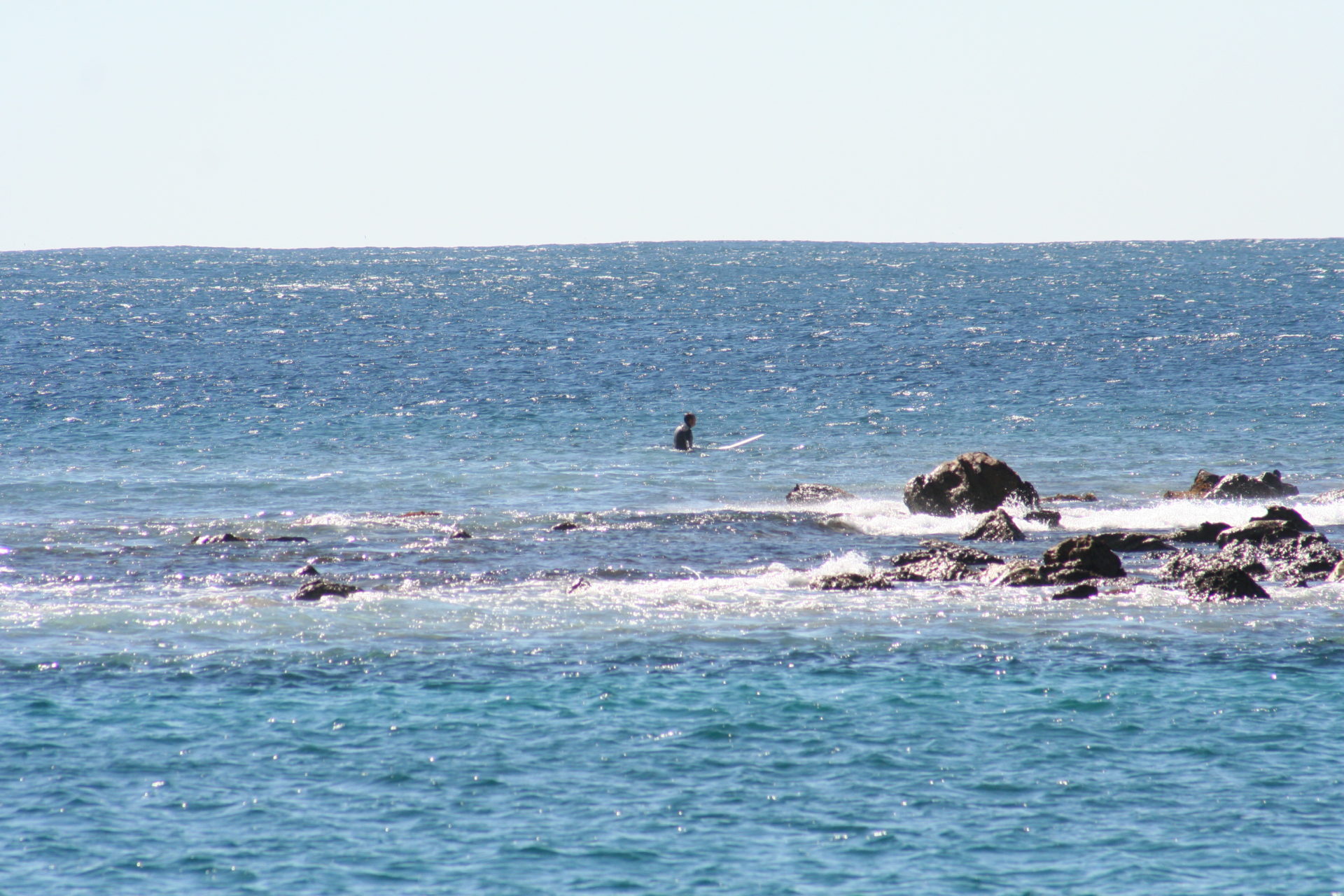Tag: Bruce Beaver
-
“No notes are given as I can’t remember all of the sources.”
-
Cars
•
1 min read
This poem first appeared in Jacket (#8, 1999).
-
(On the Tomb of) Victor Bruce
•
3 min read
This poem was commissioned by the Red Room Project in 2004.

![[d/dn]](https://i0.wp.com/daveydreamnation.com/wp-content/uploads/2024/09/oie_l521ir34eJuC.png?fit=136%2C116&ssl=1)
